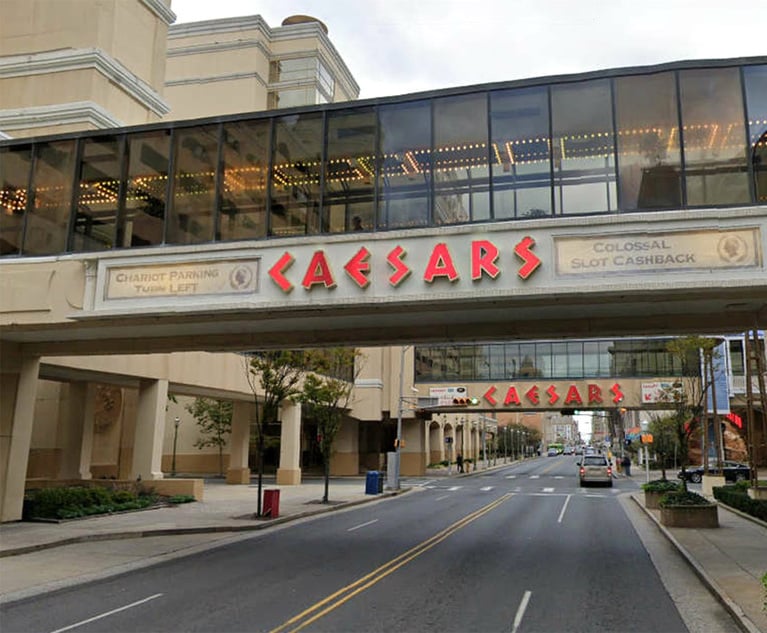On Aug. 1, two seemingly unrelated events occurred that, upon deeper analysis, are likely to have significant relationships to each other: The New Jersey Supreme Court issued its opinion regarding the standards for exclusion of expert testimony in civil litigation in In re: Accutane Litigation, __ N.J. __, 2018 WL 3636867 (2018), and the New Jersey Department of Environmental Protection (NJDEP) and the Attorney General’s Office jointly announced the filing of six new cost recovery lawsuits under the Spill Compensation and Control Act, N.J.S.A. 58:10-23.11 et seq. This article will explore the interplay between these two announcements from the perspective of environmental litigation in New Jersey.
The ‘Accutane’ Decision
In Accutane, in a 6-0 decision, the Supreme Court reversed the Appellate Division and restored the trial court’s initial order barring expert testimony of the plaintiffs’ two causation experts in over 2,000 consolidated drug liability suits. The ruling effectively put an end to all such suits by rendering it impossible for any of the plaintiffs to prove that the prescription medicine, Accutane, caused their Crohn’s disease, as each had alleged. In so holding, the Supreme Court disagreed with the Appellate Division’s determination that the trial court had acted outside its discretion in barring the plaintiffs’ experts, and it found that the trial judge had properly filled the role as “gatekeeper” to keep out unreliable expert testimony. The Supreme Court largely relied upon its 1991 decision in Rubanick v. Witco Chem. Corp., 125 N.J. 421 (1991), and later cases like Landrigan v. Celotex Corp., 127 N.J. 404 (1992), and Kemp ex rel. Wright v. State, 174 N.J. 412 (2002). 2018 WL 3636867 at *31.







